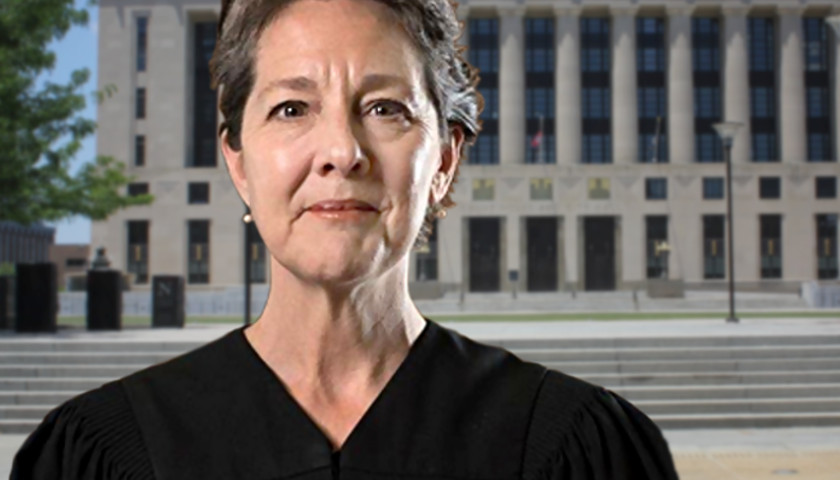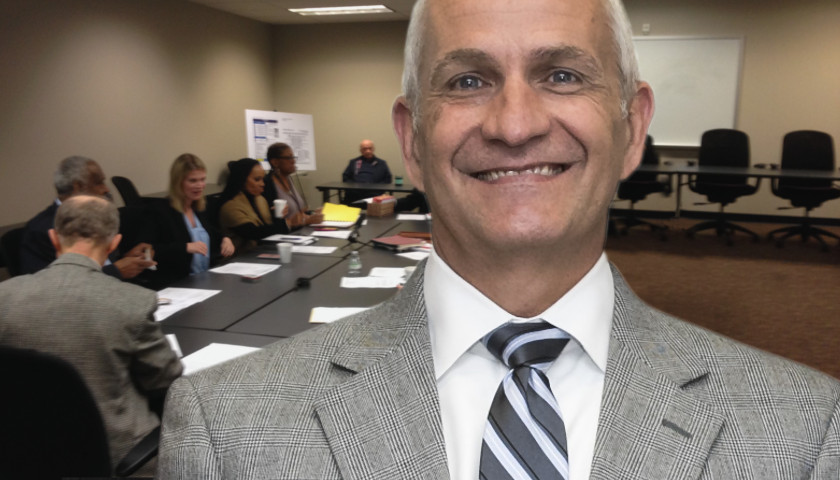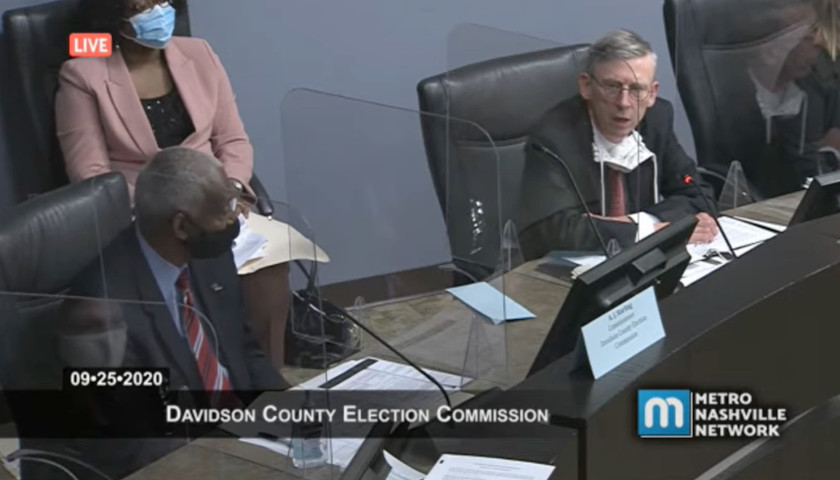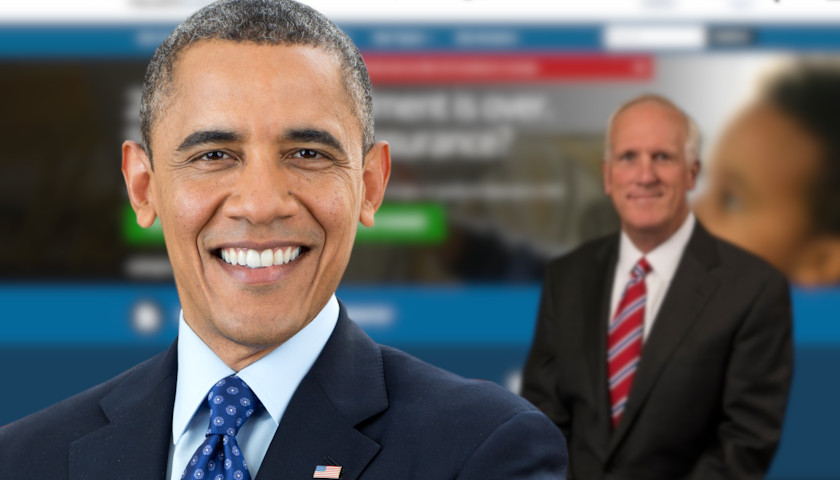Members of Nashville’s new Citizen Oversight Board will have access to police files. They can interview witnesses and police officers. They can send reports with recommendations about allegedly problematic officers to Metro Nashville Police Chief Steve Anderson, according to a new report in The Tennessee Tribune. “Those recommendations could be counselling or something stronger like a letter of reprimand, suspension, or even firing,” the website went on to say. “Anderson is required to respond to the COB but under the City Charter he retains authority to discipline members of MNPD. While the COB’s powers to investigate are considerable, it’s power to enforce any resolution to a particular complaint or enact policy changes remain advisory.” Nashville Mayor David Briley has selected former state Democratic Attorney General Bob Cooper and American Baptist College administrator Phyllis Hildreth to serve on the COB, the website said. Members of the Metro Council will select nine more members from a pool of nearly 200 applicants. Board members will then hire an executive director to select six staffers to investigate complaints and review police policies and procedures, The Tennessee Tribune reported. Also needed are two research analysts, a legal advisor, three investigators, and one community engagement liaison, according…
Read the full story








